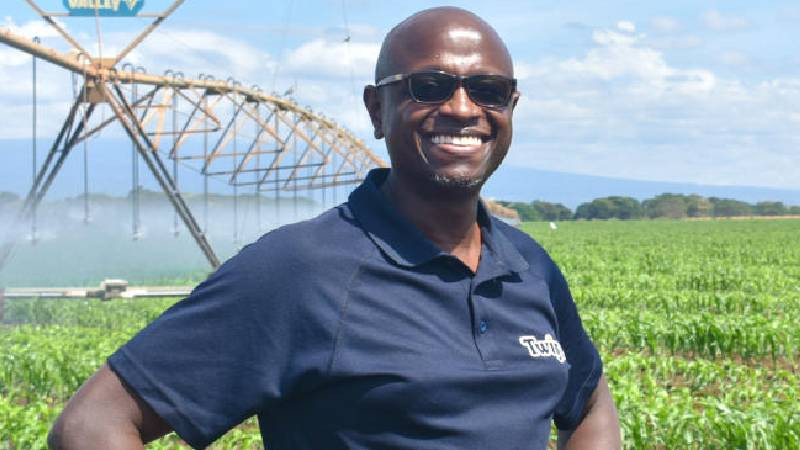×
The Standard e-Paper
Join Thousands Daily

Perhaps out of public demand, and the half-truths being spewed on Twitter, Twiga Foods Chief Executive Peter Njonjo saw it fit to set the record straight.
At a press briefing in Nairobi last week, Mr Njonjo dispelled rumours that the agri-tech firm Twiga Foods is on the verge of going under amid the latest round of layoffs of more than 200 employees. It is the second layoff in just under a year amid declining purchasing power among its customers and a slowdown in venture capital funding.